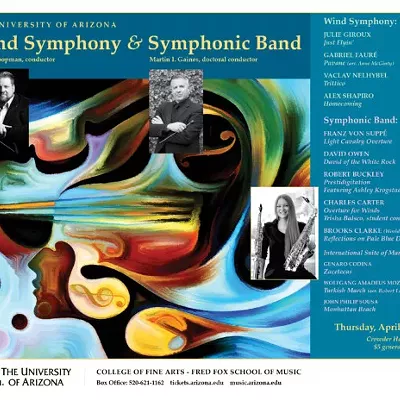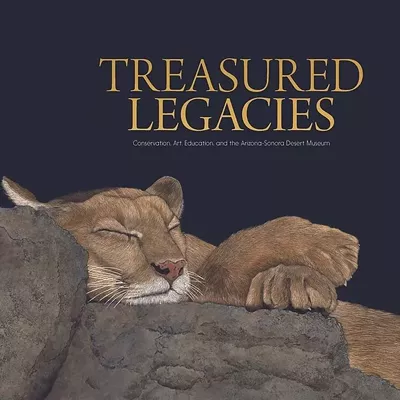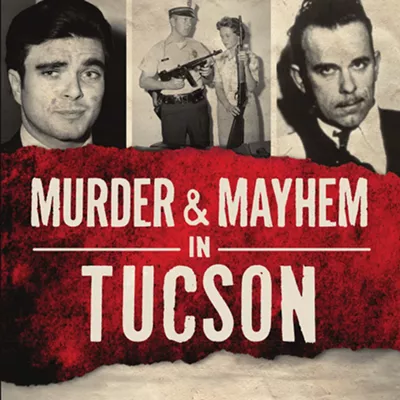Like Sharon Olds or balladeer PJ Harvey, Siken--who has lived in Tucson since he was a toddler--is not a romantic when it comes to love. He is a fanatic, and these poems wear their enthusiasm with the steely cheek of a bitch goddess. Chuckle with them but not at them, or else the ransom might increase. "Tell me how all this, and love too, will ruin us," the poet demands of a lover in "Scheherazade." "These, our bodies, possessed by light. / Tell me we'll never get used to it."
Asking for love not to fade is at once sad and creepy--like a vampire's attempt to live forever. It requires constant feeding. Siken, who also edits the literary journal spork, seems to know this, and Crush propels us from one affair to the other with agitated enthusiasm. There must be more, faster, right now. "It starts with bloodshed," Siken writes in one poem, "always bloodshed." The line recalls the story of Sylvia Plath and Ted Hughes' first meeting, where during a kiss, she bit him hard, drawing blood. It was her way of marking the hunted from the hunter.
Like Plath, Siken understands that blood has its own mythic powers. He's also aware in our day and age of slasher flicks and shoot-'em-up comics that gore has a certain kitsch factor, too. As a result, Crush reads like a valentine to Venus sketched with the extravagant gestures of the Rocky Horror Picture Show. There's a twang and swing in the voice, as if we're this shy of becoming a musical. The blood which splatters is too campy to be real, but we flinch at it anyway. From "Dirty Valentine":
We're shooting the scene where I swallow your heart and you make me
spit it up again. I swallow your heart and it crawls
right out of my mouth.
You swallow my heart and flee, but I want it back now, baby. I want it back.
Every line of Crush has this kind of charming visual panache. We're talking about love here, of course, but there's always a setting, a mood and a man. Other poems in the collection describe dreams good and bad, road trips and smash-bang affairs that end with a dead body and a car left running, the door open and the overhead light pinging. "Do you know how it ends?" the poet asks in "Wishbone." "Do you feel lucky? Do you want to go home / now? There's a bottle of whiskey in the trunk of the Chevy and a / dead man at our feet."
Even though such lines feel torn right out of a recent Tarantino flick, Siken manages to spin their irony around and play with their jagged flipside. Encountering such dialogue--is there a better word for it?--is alarming and jangling, challengingly so. The poet is in total control, but also out of control. A pause for cinematic reference stirs up the sneaking feeling that he likes being unpredictable, likes holding us hostage to his wild whimsy.
If this pique makes Crush feel a little like an emotional hold-up, Siken is kind enough to put a little laughing gas on our gag. Like John Ashbery, the grandfather of so many young poets, he is an inveterate sampler from both high and low. His poems take the form of low-grade Westerns, highfalutin romances--think Erich Segal meets Marilyn Monroe--and dreamy, steamy experimental cinema.
All the cows were falling out of the sky and landing in the mud. You were drinking sangria and I was throwing oranges at you,
But it didn't matter.
I said my arms are very long and your head's on fire.
I said kiss me here and here
And you did.
It's not hard to see why such lines turn obedience into decadence. There's a relief to not holding anything back in these poems--carefully crafted, but never compressed. It lives and breathes and gallops. It relishes its power over us. "My applejack, / my silent night," whispers the final poem. "Just mash your lips against me. / We are all going forward. None of us are going back." I doubt anyone who finishes this book will murmur a word of protest.









